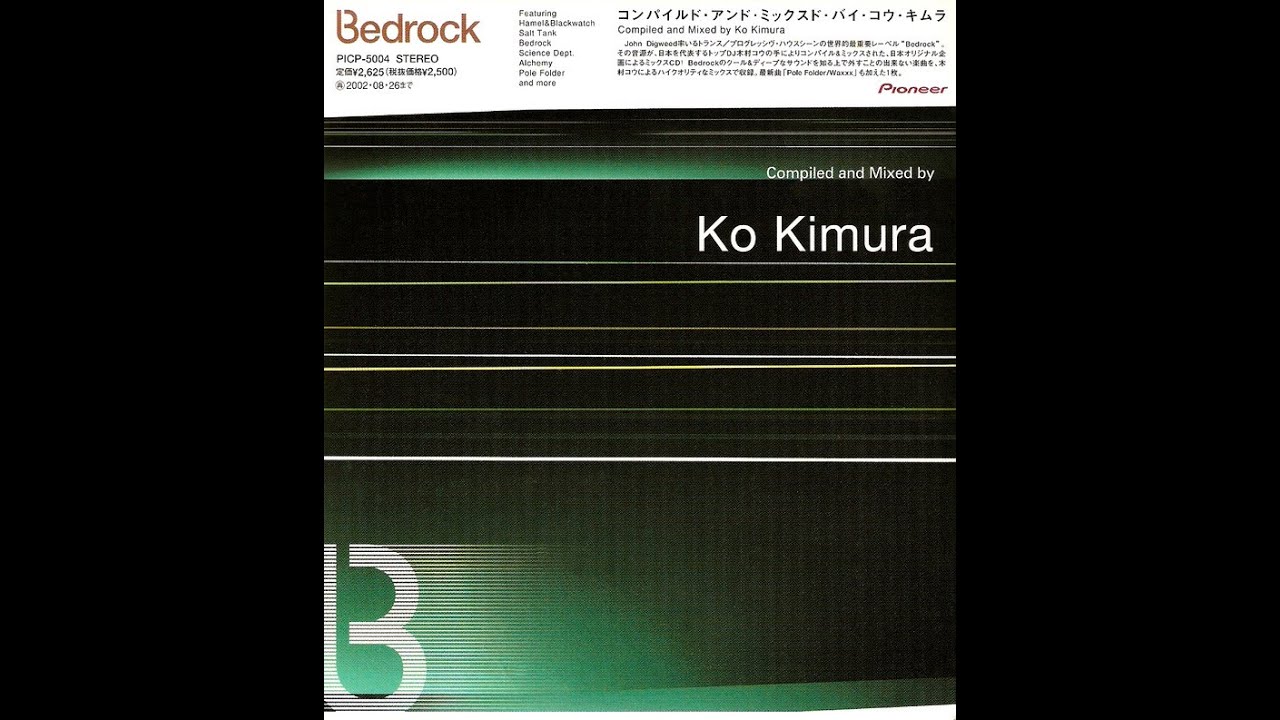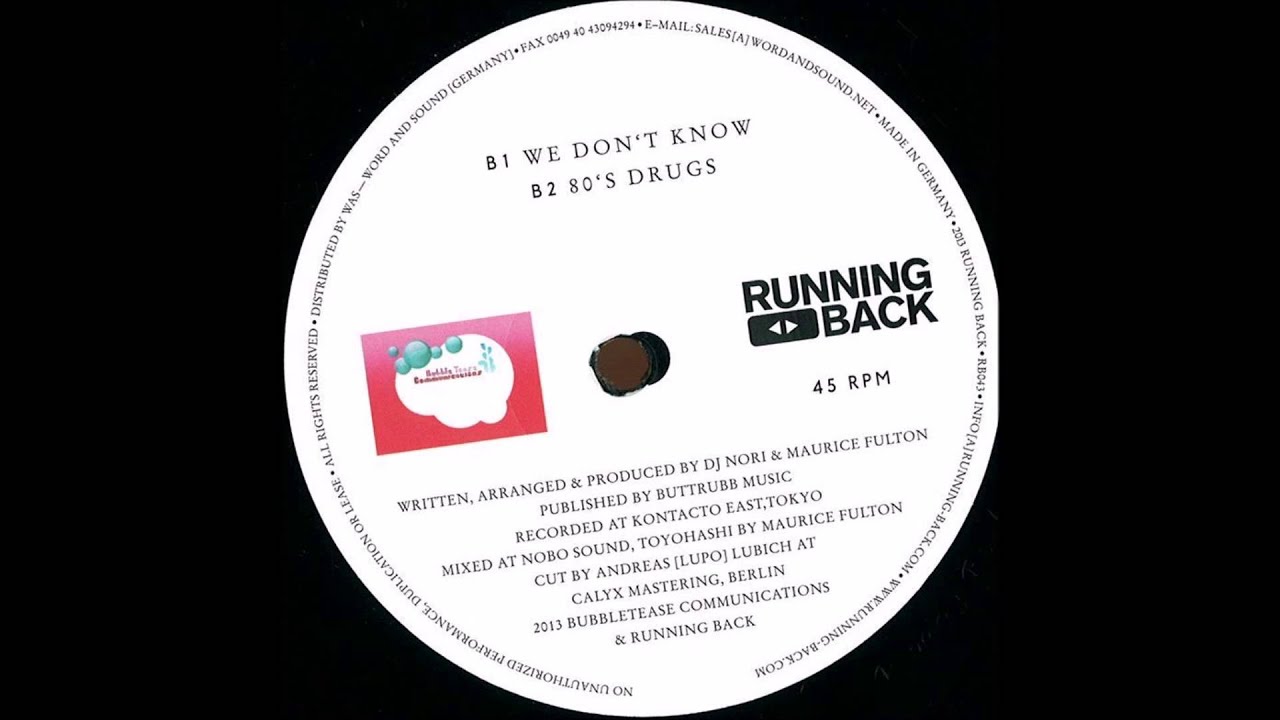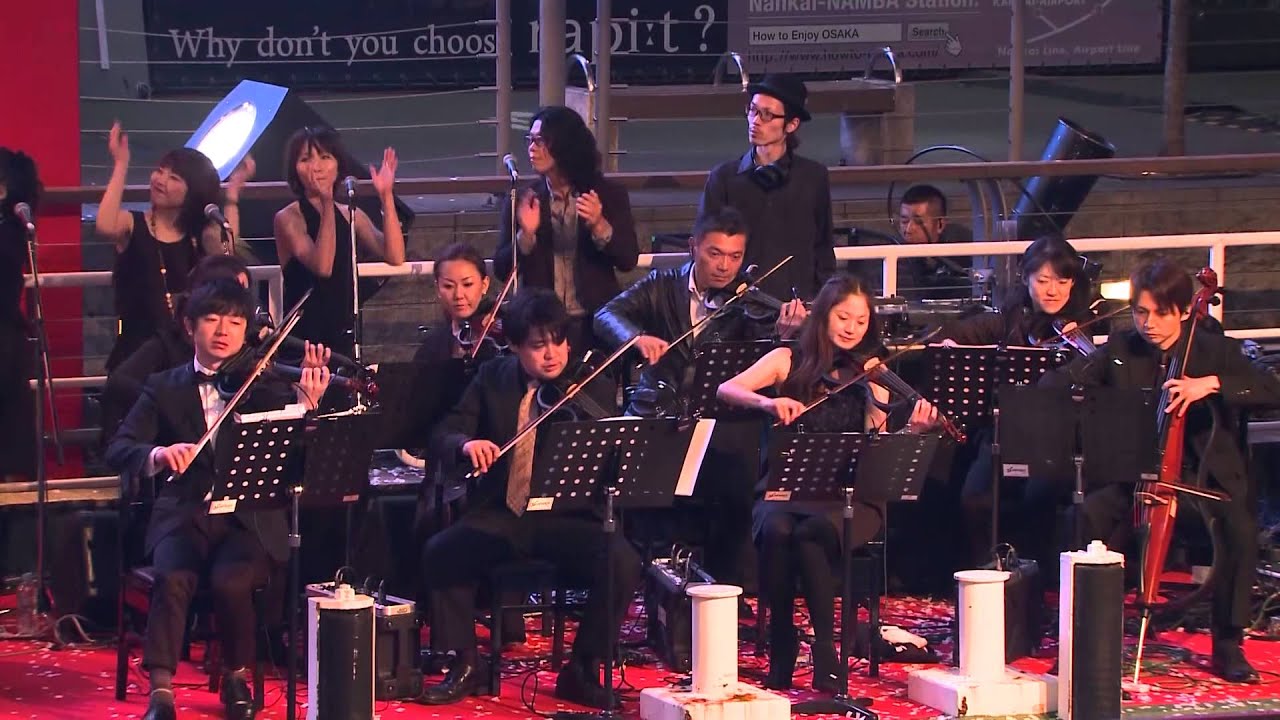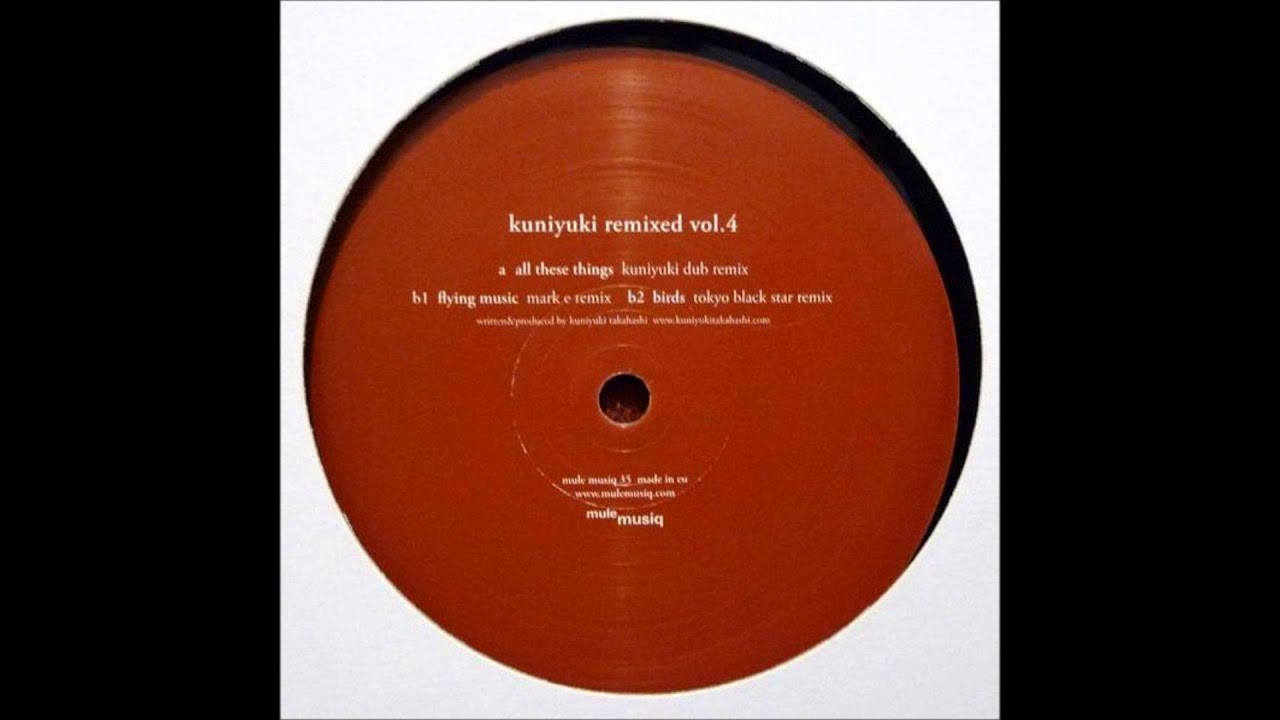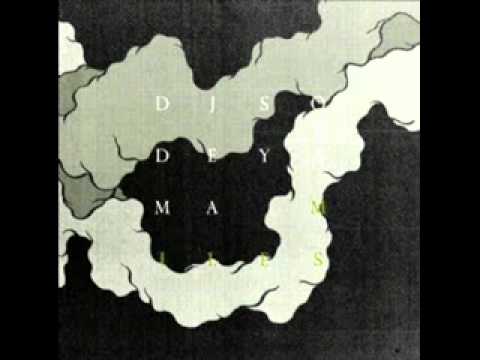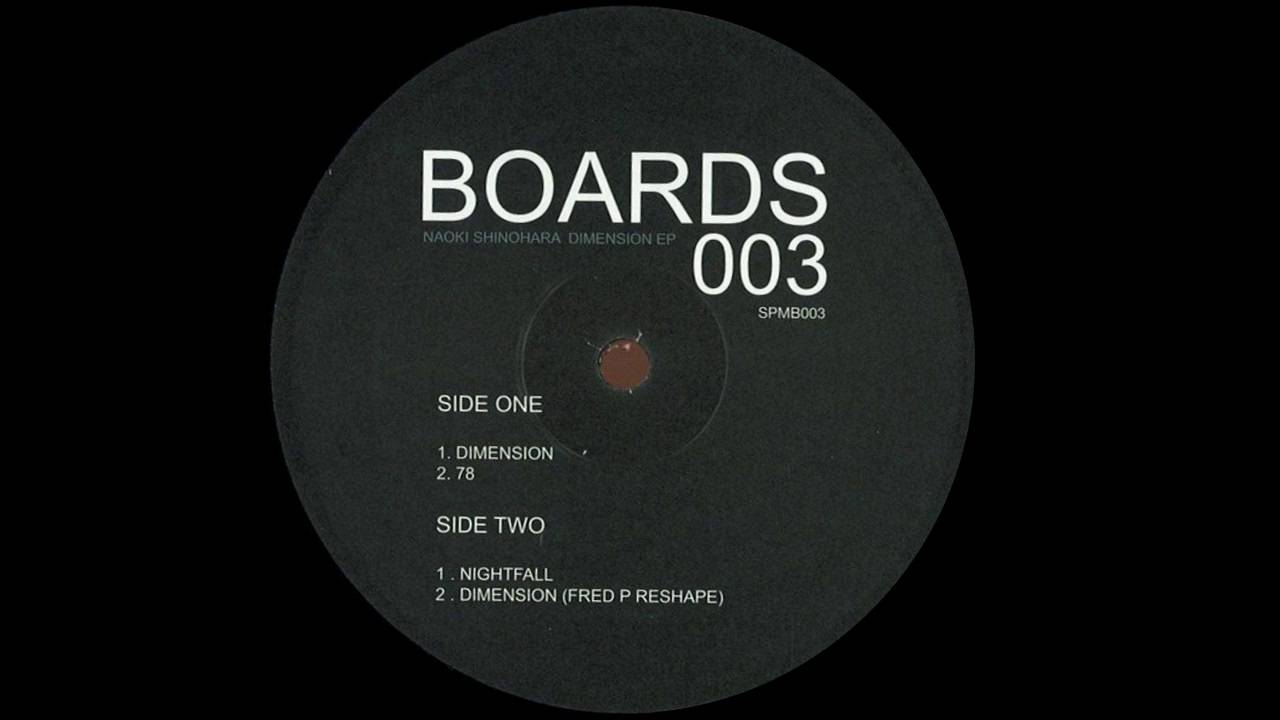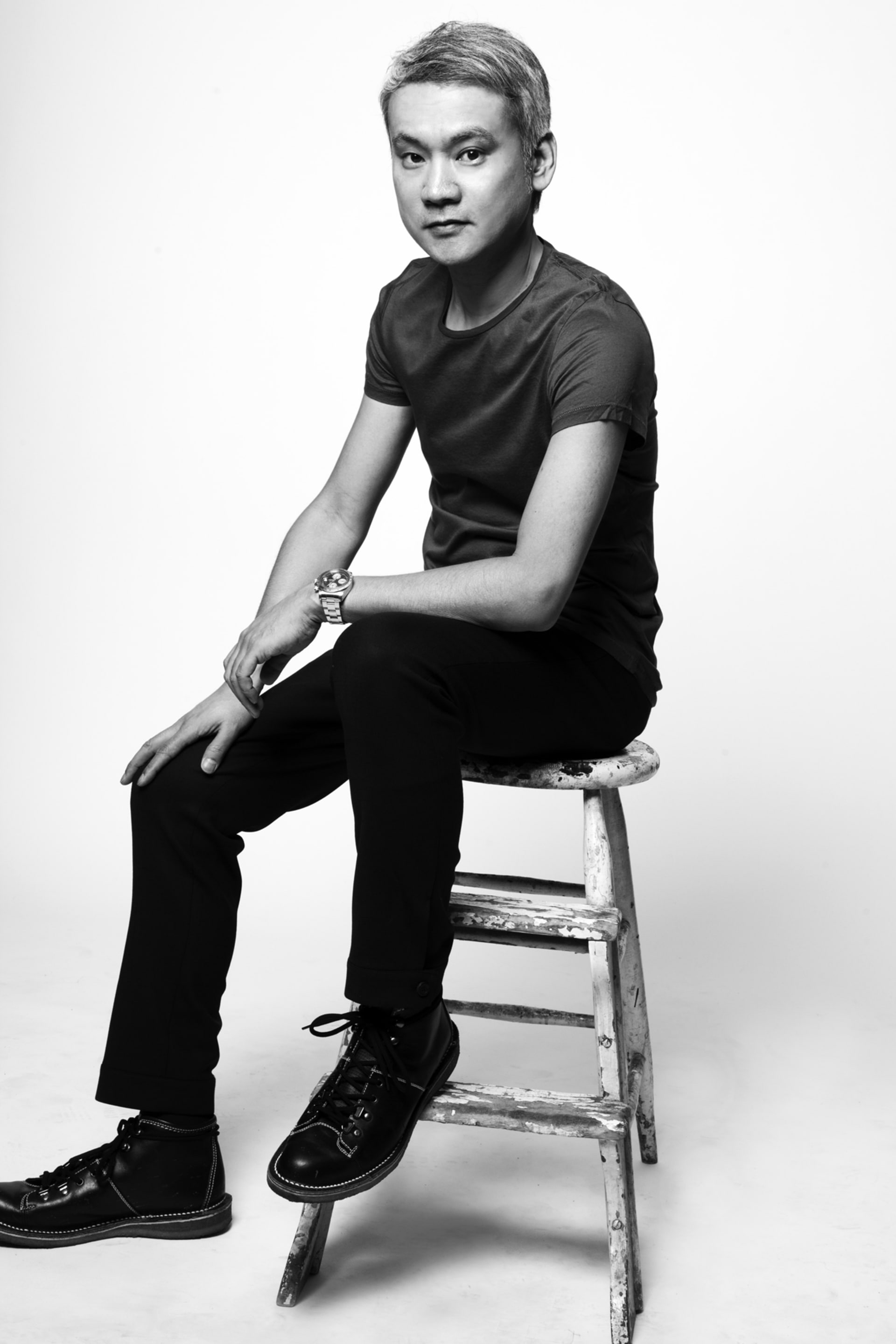
Satoshi Tomiie’s Guide to Japanese House
I’m from Tokyo but I’ve been living in New York for the over 20 years, and these days I go back and forth between there and Paris. I return to Tokyo about twice a year for gigs and tours, so I’m there for two weeks at a time, sometimes just a week. I lived in Japan during the super-early stage of its club culture in the late ‘80s, when people didn’t have a concept of what house music was and there weren’t many releases from local artists. One of the tracks on my forthcoming album New Day, “Thursday, 2am,” is named after my experiences in Tokyo. Although I started my career as a DJ, musician and producer in Japan and followed Japanese electronic music for decades, I’ve spent most of my career outside the country, which makes it difficult to have a lasting connection to the local scene. This is a great opportunity to (re)discover the greats from present and past.
Ko Kimura is a Tokyo-based DJ who introduced house music to Japan in the mid to late 1980s. He was a club DJ who didn’t do many mixes or releases, and he still plays out these days. He used to have a Wednesday residency at a club called Tolos, where I was a regular; I met him there and wrote my track “Tears” during that period. His selections and forward-thinking musical philosophy influenced me, and he’s still one of my best friends. Around 1995, he asked me what equipment to put in his studio so he could start making music. I recommended the Akai sampler and MPC3000, and then I taught him how to use them. We had fun making beats in his apartment when I was back in Tokyo, and we knocked out some cool tunes. Soon after that he started his own imprint, Futic Recordings, in 1997 and released music from Japanese artists like Sound Brigade, DJ Tanzawa, Kenji Takashima, and Moodgroove.
DJ Nori is from Sapporo. He moved to New York in the late ‘80s and brought back to Japan the “classic” NYC house vibe derivative of clubs like the Paradise Garage. Like Ko, he still DJs, carries a genuine, organic energy and was a club DJ who didn’t do many mixes or releases—but when he does release his own music, it’s really good. He had a few records on the Japanese label Flower Records, which was established by Eitetsu and Kitetsu Takamiya in 1995, and he still produces today. In 2013 he put out a 12″ on one of my favorite labels, Running Back.
DJ Yoku is one of the originators of Osaka’s house music scene, so his is a good name to know in terms of the history of Japanese house. He moved to London very early in his career, and in the early ‘90s I played my first show at Ministry Of Sound with him. After coming back from UK, he formed a band called A Hundred Birds, which is an orchestra that performs house classics and original compositions on strings and horns. They released a handful of albums and EP’s on labels like François K’s Wave, King Street and the Japanese outpost For Life.
Kuniyuki Takahashi is one of the best examples of an artist who made live electronic music more popular in Japan rather than simply DJing. He’s based in Sapporo and travels across oceans and continents to present his skills. His productions are quality deep, futuristic and trippy tunes that have appeared frequently on Mule Musiq and under many aliases, including his work with the duo he formed with Tomoyuki Murastige, Deutches Reichs Patent.
Hiroshi Watanabe has released music on Ibadan and Nite Grooves as well as Japanese labels like Nitelist Music and Transit, but he’s mostly known for the handful of albums and EPs he put out on Kompakt under the moniker Kaito. I met him at a New York music shop where he used to work many years ago. He’s a great guy who made his best pieces when he went back to Japan.
Tomoki Tamura is an Osaka native who now has a party and a label called Holic. He ran a party in London for a while and then moved to Berlin. He’s definitely a producer to watch, and his label, Holic Trax, is growing really fast.
DJ Sodeyama does more techno-oriented stuff. He released on his own label called Arpa, as well as a Chinese label called Acupuncture. He has a good following, as he’s one of the DJs who played a lot in Japan in general—at least, that’s what I noticed outside the country.
Soichi Terada is definitely a famous old school name. Around 1990, he made one of Japan’s first house releases and ran Far East Recordings for long time. I remember that his collaboration with Japanese Singer Nami Shimada grabbed the attention of Larry Levan, who eventually remixed the song. He’s been talked about a lot recently thanks to the success of Rush Hour’s retrospective on his work.
Naoki Shinohara is part of the newer generation, and I find his sound more European. For years, Japanese artists tried to get their music heard in Europe, which isn’t easy because it’s quite far and the language barrier is tough to overcome. I found his vinyl on Fred P’s label Boards when I was shopping last year in Paris. When I’m looking for records in a store, I browse records based on the sound, and it was a pleasant surprise to find a familiar name—but the music is what really grabbed my attention.
Iori Wakasa is another new school DJ/producer from Tokyo who has a really solid list of releases. I’m really feeling what he does: modern quality house music. His most recent record was a remix of Rick Wade on the Japanese label Unknown Season. I did a record with him called the Look Ahead EP, which came out last year on the New York label I run with Hector Romero, SAW.RECORDINGS.
Satoshi Tomiie’s album New Day is out June 22 on Abstract Architecture.
Published May 04, 2015.

